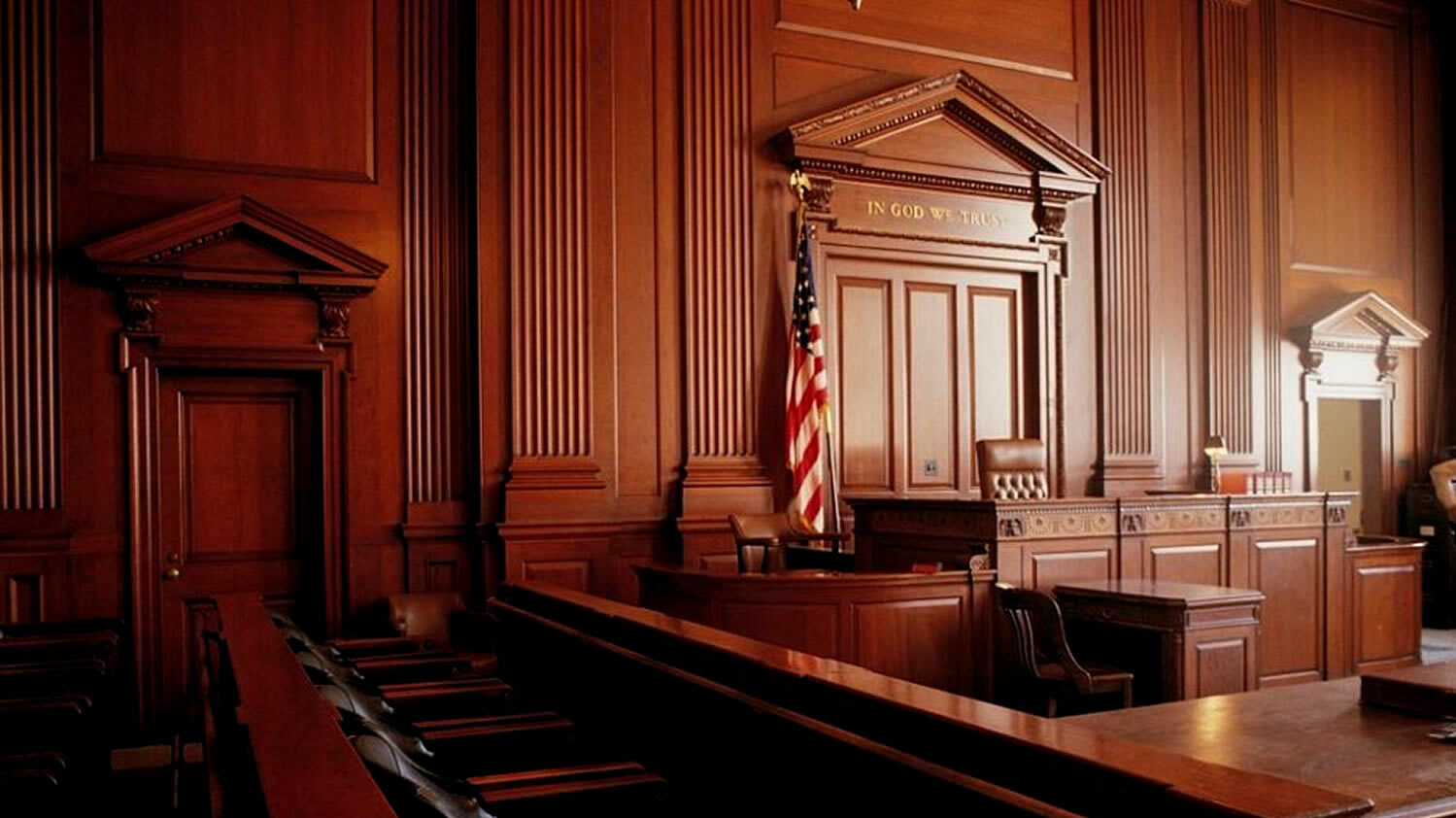Illegal Judicial Benefits, Court Corruption & Coercive Confinement of Court Critic Richard I Fine: Full Disclosure Network® Special Cable TV Series Video Preview (10 min)
The Full Disclosure Network® is releasing on the Internet, a ten minute video preview from a new cable TV series covering the extraordinary circumstances of the “coercive confinement” of Attorney Richard I. Fine. The series addresses the Issues raised by California legislation SBX 211 enacted in February 2009 that provided retroactive immunity from prosecution to all California Superior Court Judges and County officials who authorized illegal payments to the Judges.
Full Disclosure Network® presents a ten minute video preview from the first two segments of a just released, cable television and Internet series entitled Judicial Benefits & Court Corruption. This on-going series covers the extraordinary circumstances of Richard I. Fine who unsuccessfully attempted to disqualify Los Angeles Superior Court Judge David Yaffe from presiding over his 2008 contempt trial. (BS109420 Marina Strand Colony II Homeowners Assn. vs County of Los Angeles). Fine was sentenced by Yaffe on March 4, 2009 to what is described as “coercive confinement” for an indefinite period of time, without bail and without a hearing date. (See attached file “Superior Court Judge Yaffe Response 09-cv-1914 Fine vs Sheriff of Los Angeles County)
The Full Disclosure® video series explores the issues raised concerning Judicial corruption following the enactment of California Senate Bill (SBX 211) in February 2009 when the legislature provided Superior Court Judges and County officials retroactive immunity from prosecution for illegal payments made to Superior Court Judges. This practice was found to be unconstitutional by the California Fourth District Appellate Court in October 2008 that held the payments were prohibited by the California Constitution (see attached files Sturgeon vs County of Los Angeles BC351286). Watch the ten minute video preview here: http://www.fulldisclosure.net/Programs/539.php
On April 23, 2009 the U. S California Central District Court ordered the California Superior Court and Los Angeles Superior Court Judge David Yaffe to respond to Richard I. Fine’s Writ of Habeas Corpus that requested his immediate release from custody, having been held in solitary confinement since March 4, 2009. The response filed on behalf of Yaffe and the Court defended the use of “coercive confinement” in this civil case of contempt. (see attached file Superior Court-Yaffe Response). The response states “the intent of the (non criminal) solitary confinement was to coerce Richard Fine into submission.”
Coercive Confinement & Richard Fine’s Contempt Case:
Richard Fine was held in contempt of court for refusing to answer questions regarding his personal finances. Fine claimed the Judge should be disqualified because the case involved the County of Los Angeles.
Having represented many clients who filed claims against the County of Los Angeles, Richard Fine has repeatedly raised the issue of Judicial corruption since 1999. He maintains that court records from 2005 to 2008 show that all but two cases before L.A. County Judges were decided in favor of the County, a fact that he says is due to illegal judicial payments made by the County.
A Ventura, California law firm representing the Los Angeles Superior Court and Judge David Yaffe, filed a declaration of attorney Kevin M. McCormick (BENTON, ORR, DUVAL & BUCKINGHAM) on behalf of the L.A. County Superior Court and Judge David Yaffe, representing them in opposition to the release of Richard I Fine from solitary “coercive confinement”. Here is a quote from the response.
“The use of coercive confinement resulting from civil contempt has been approved and found appropriate by the United States Supreme Court, federal district and appellate courts and California state courts…” (regarding the right of a civil judgment creditor to pursue and of a trial court to impose for purposes of an individual’s compliance with a valid court order.)
The Full Disclosure® interview with Richard Fine comprise the first two segments of an on-going cable TV series covering the issue of judicial benefits and court corruption. Part three and four feature a one-hour interview with Judicial Watch Attorney Sterling Norris, a former prominent L.A. Deputy District Attorney, whose landmark 2008 case (Sturgeon vs County of Los Angeles) found that outside payments made to California Superior Court Judges from Los Angeles County was illegal. Judicial Watch has vowed to challenge the legislation enacted in February 2009 as part of the California budget bill SBX 211 that provided retroactive immunity from prosecution for all state judges and county officials who received or approved the illegal payments since 1988.
The entire Full Disclosure series is featured on 40 cable systems and all segments will released on the website http://www.fulldisclosure.net in June 2009.

